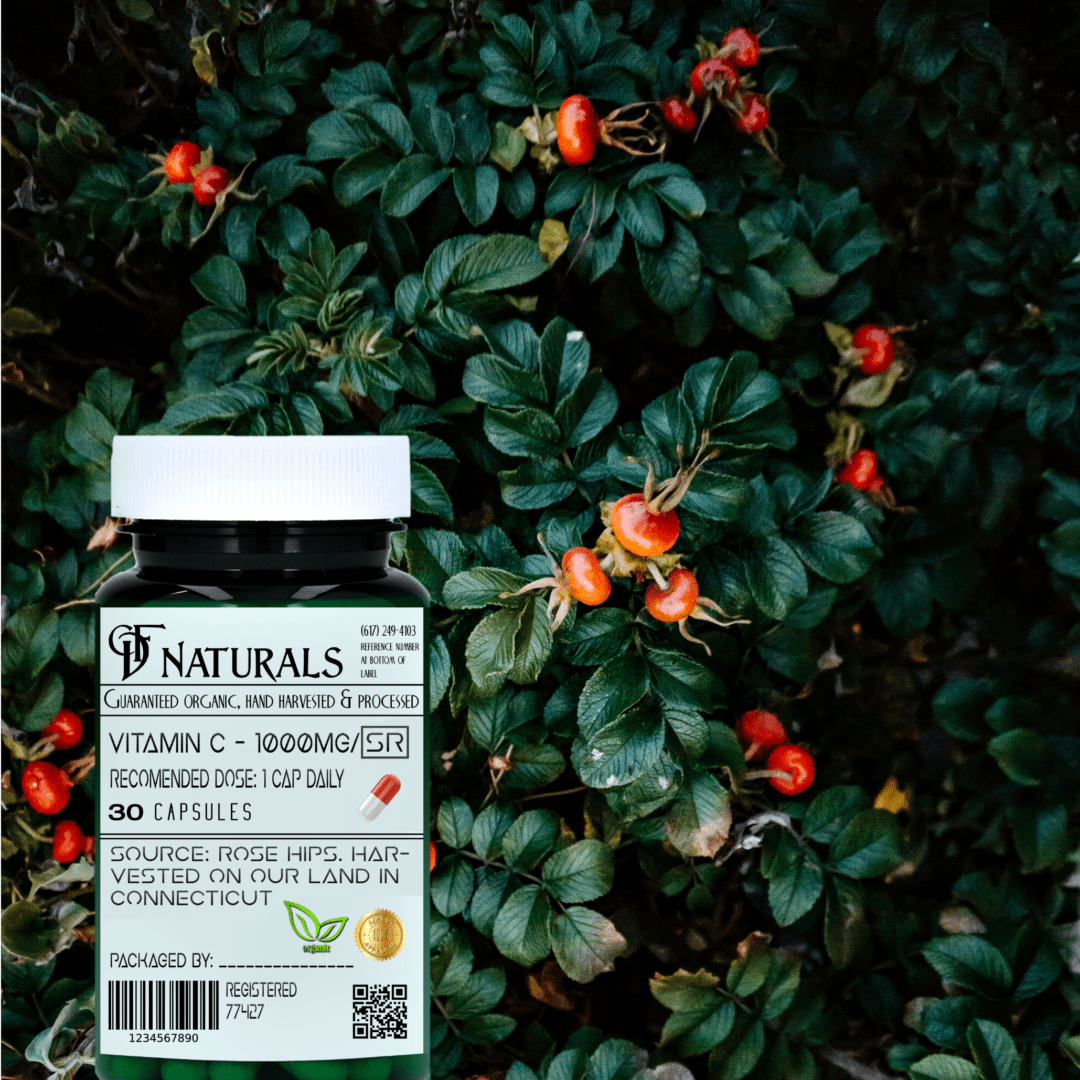Vitamin C [SR]
$11.25 – $33.75
The difference between the vitamin C found in natural sources and synthetic vitamin C lies in the way that they are synthesized. Natural vitamin C is derived from various food sources, such as rosehip berries, while synthetic vitamin C is made in a laboratory.
Natural vitamin C, such as that present in rosehip berries, is a naturally occurring compound found in plants. It is obtained through the metabolic process in fruits and vegetables. Rosehip berries, specifically, are known for being one of nature’s richest sources of natural vitamin C.
On the other hand, synthetic vitamin C, also known as ascorbic acid, is a man-made chemical compound. It is synthesized in a laboratory by reacting glucose and oxygen. Ascorbic acid is commonly used in supplements and food products as an inexpensive and convenient source of vitamin C.
When it comes to bioavailability, natural vitamin C tends to be better absorbed by the body compared to synthetic vitamin C. This is because the natural compound contains other components, such as bioflavonoids, that enhance its absorption. Additionally, natural vitamin C is often present in combination with other vitamins and minerals, which also contribute to its bioavailability.
However, it is important to note that natural vitamin C can have certain limitations. Some individuals may have sensitivities or allergies to specific plants or fruits, such as rosehip berries, that contain natural vitamin C. In such cases, synthetic vitamin C may be a better option.
Additionally, certain medical conditions may contraindicate natural vitamin C.
For instance, individuals who have any of the following
Glucose-6-phosphate dehydrogenase deficiency
Hemochromatosis
Sickle cell disease
Sideroblastic anemia
Thalassemia
You should consult with a health care provider before taking vitamin C supplements.
In conclusion, the difference between natural and synthetic vitamin C lies in their source and method of synthesis. Natural vitamin C, such as that found in rosehip berries, is a naturally occurring compound found in plants, while synthetic vitamin C is made in a laboratory. Natural vitamin C tends to be better absorbed by the body, but it may have limitations for certain individuals. It is important to consult with a healthcare professional before starting any new supplement regimen, particularly if you have certain medical conditions.




